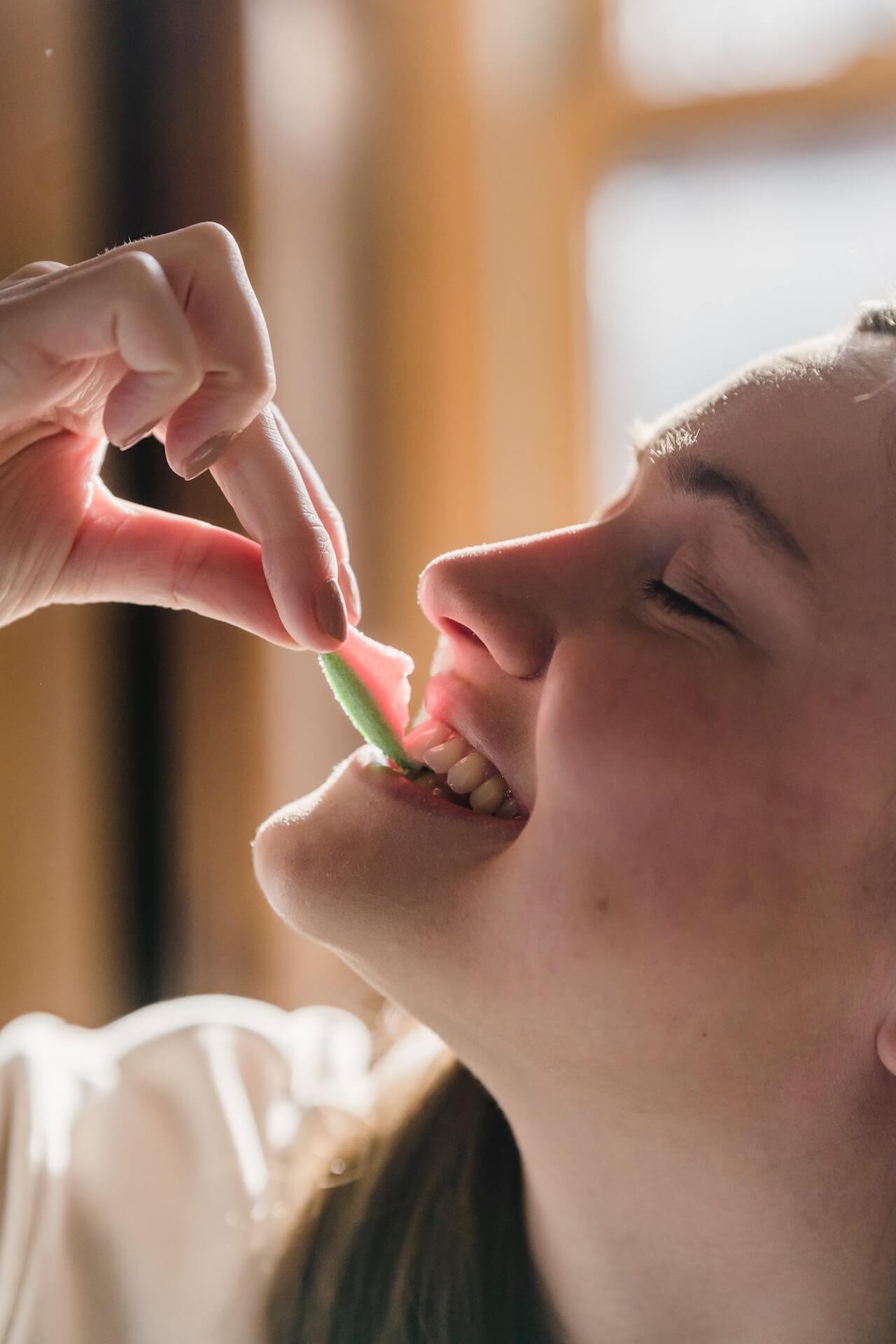Jun
21

Do you remember the thrill of losing a tooth as a child, the anticipation of a visit from the tooth fairy, and that undeniable sense of change? As adults, however, losing a tooth is far from a cause for celebration – rather, it can be a significant concern, and having damaged or decayed teeth can disrupt your everyday life and self-esteem.
Luckily, modern dental solutions can conceal the appearance of tooth decay, and even fully replace lost or damaged teeth. In the following article, we’re going to take a comprehensive look at the causes of tooth decay, potential treatment options, and advanced solutions available to replace compromised teeth. Let’s get started!
What are decayed teeth?
Decayed teeth are the unfortunate result of persistent tooth damage, wherein the enamel, the hardest substance in the human body, is compromised. Dental decay initiates as a tiny demineralised area on the tooth surface, which, if unchecked, evolves into a cavity that progressively destroys the tooth.
You May Also Like: What is the Best Treatment for Receding Gums?
What causes decayed teeth?
Poor oral hygiene
The most common cause of tooth decay is poor oral hygiene. Failure to remove food debris and dental plaque allows bacteria in the mouth to thrive, leading to acid production that erodes tooth enamel and results in cavities. Daily brushing, flossing, and regular dental cleanings are essential for maintaining a healthy oral environment.
Dietary Habits
Frequent consumption of foods high in sugar and carbohydrates increases the risk of tooth decay. These food types feed the bacteria in the mouth, which produce acid as a waste product, subsequently attacking the enamel. Balanced diets, moderation in sugar intake, and regular rinsing after meals can help reduce this risk.
Lack of fluoride
Fluoride, a mineral found in water and many toothpastes, helps prevent tooth decay by making the tooth enamel more resistant to acid attacks. Insufficient fluoride intake can make teeth more prone to decay.
Read Next: The Importance of Regular Dental Checkups
Can I replace damaged or decayed teeth?
Dental implants
In modern dentistry, dental implants are the gold standard for tooth replacement. This procedure involves inserting a titanium post into the jawbone, upon which a crown is attached, emulating the form and function of natural teeth. Implants provide superior aesthetics, functionality, and longevity compared to other replacement options, but they require good bone quality and quantity, and the procedure is often more costly (and quite long).
Bridges and crowns
Bridges and crowns serve as another form of functional and aesthetic replacement for damaged or decayed teeth; a crown caps a tooth that has been shaved down or a dental implant, while a bridge fills the space of a missing tooth, anchored by crowns on adjacent teeth. Both options require the adjacent teeth to be in good health.
Dentures
Dentures – aka false teeth – are removable replacements for missing teeth and surrounding tissues, and these can be complete (for cases where all teeth are missing) or partial (when some natural teeth remain). Dentures are often the most affordable option, but they may not offer the same level of comfort, function, and aesthetics as implants or bridges.
The choice among these options depends on various factors, including the patient’s overall oral health, the number of teeth that need replacing, the patient’s personal preferences, and economic considerations. It’s crucial for dental professionals to provide comprehensive consultations to ensure patients understand their options and can make an informed decision.
Read More: How do you treat tooth decay in children?
The bottom line
While the best strategy against tooth decay is prevention through good oral hygiene and dietary habits, contemporary dentistry provides a variety of solutions to replace damaged or decayed teeth, ultimately restoring the form, function, and aesthetics of a healthy smile. If you’d like to know more about solutions for tooth decay, don’t hesitate to get in touch with our dental experts at Smile Cliniq.










